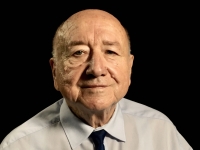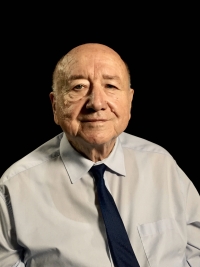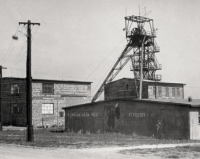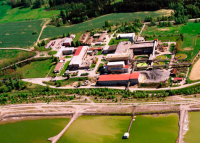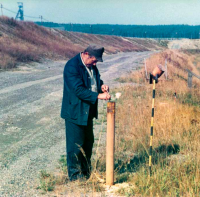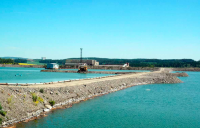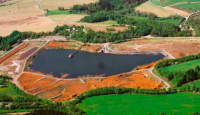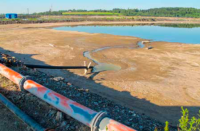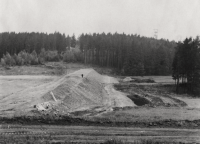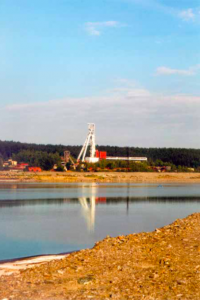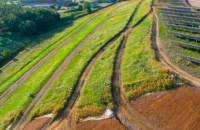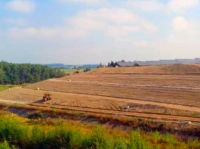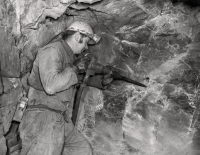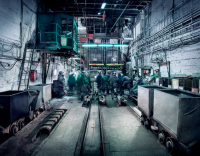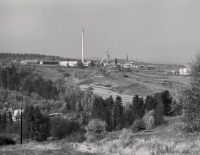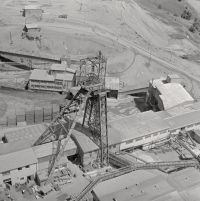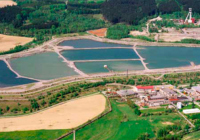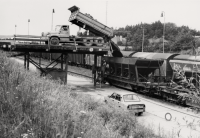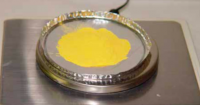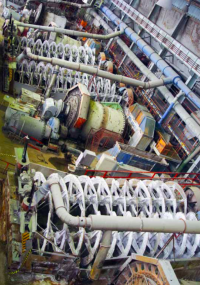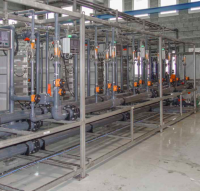The world is looking for people who can do something, not people who can explain why they didn’t
Josef Mitáš was born on March 19, 1942 in Lhota (today Lísek) near Bystřice nad Pernštejnem. He grew up in a peasant family and helped his parents in agriculture since childhood. At the eleven-year high school in Bystřice nad Pernštejnem, he began to enjoy chemistry, so he decided to continue his studies at the Institute of Chemical Technology in Pardubice. After graduating in 1964, he briefly worked as an assistant at the Department of Processes and Chemical Production. Uranium ore began to be mined in his native region and the witness decided to engage in the uranium industry. He gained the position of laboratory manager in Jáchymovské doly Rožná and two years later he became laboratory manager at the newly established DIAMO Chemical Treatment Plant. They obtained ammonium diuranate from uranium ore in the treatment plant, which was processed into fuel for nuclear power plants. In 1970 Josef became Chief Engineer of the Chemical Processing Plant. During his professional life, he faced a number of difficult technical problems that he and his laboratory team had solved. In particular, they had to figure out how to clean the excess radioactive water from the tailings ponds. They managed to create a unique system that cleaned the water so that they could release it back into nature. Josef Mitáš worked in the uranium industry until 2001, when he left for the private sector and continued his professional work.
